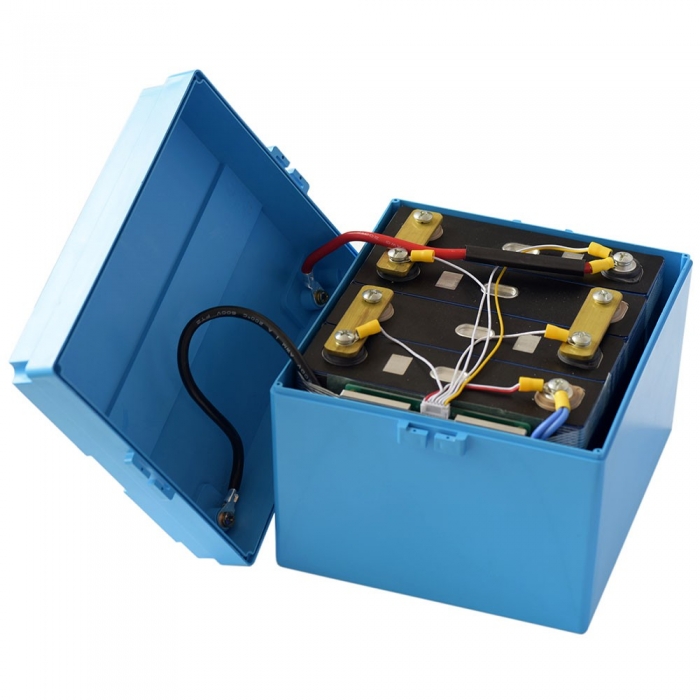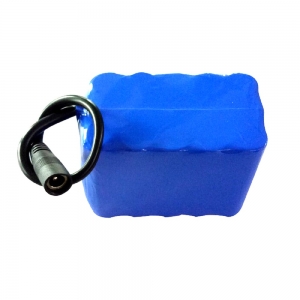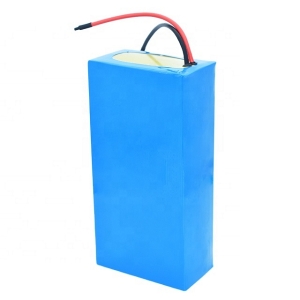Categories
Contact Us
Fax:0755-8352 6624
Email:sales08@cestpower.com
Add:Block F, Hengtai Industrial Park, No 56, Guan yuan Road, Guangming District, Shenzhen, China
6000 Deep Cycle 4S 12.8v 12v 24v 100Ah 200Ah 300Ah 400Ah Rechargeable Solar Energy Storage System Lifepo4 Lithium Iron Phosphate Battery Pack Prismatic Cell LFP with BMS Plastic Hard Case
Product Description
Battery Type: Lithium Iron Phosphate Battery
Nominal Voltage: 12.8V
Nominal Capacity: 100Ah, 150Ah, 200Ah, 250Ah, 300Ah, 400Ah etc
BMS: Yes
Bluetooth: Yes
Case: Plastic Case or Stainless Steel Case
LCD display: Yes, real time display voltage, capacity etc
Waterproof: Available for some models
Dimension: Can be customized
Lead-acid batteries have been widely used for many years in various applications such as electric vehicles, solar power systems, and marine applications. However, they have some disadvantages such as short service life, low energy density, and high maintenance cost. Lithium Iron Phosphate (LiFePO4) batteries have emerged as a promising alternative to lead-acid batteries due to their superior performance and safety. In this article, we will discuss the advantages of replacing lead-acid batteries with LiFePO4 batteries in the 12V, 100Ah, 200Ah, and 400Ah specifications.
12V LiFePO4 Battery vs. Lead-Acid Battery
The 12V LiFePO4 battery has several advantages over lead-acid batteries. Firstly, it has a longer service life, typically up to 10 years compared to 2-3 years for lead-acid batteries. Secondly, it has a higher energy density, which means it can provide more power for the same size and weight. Thirdly, it has a lower self-discharge rate, which means it can retain its charge for longer periods of time without needing to be recharged. Finally, it is a safer option than lead-acid batteries, as it is less prone to overheating and exploding.
100Ah LiFePO4 Battery vs. Lead-Acid Battery
The 100Ah LiFePO4 battery has similar advantages to the 12V specification. It has a longer service life, higher energy density, lower self-discharge rate, and better safety compared to lead-acid batteries. Additionally, it has a faster charging time, which means it can be recharged more quickly than lead-acid batteries. This makes it a popular choice for off-grid solar power systems, electric vehicles, and marine applications.
200Ah LiFePO4 Battery vs. Lead-Acid Battery
The 200Ah LiFePO4 battery has similar advantages to the 100Ah specification. It has a longer service life, higher energy density, lower self-discharge rate, better safety, and faster charging time compared to lead-acid batteries. Additionally, it has a higher capacity, which means it can provide more power for longer periods of time. This makes it a popular choice for applications solar system, residential vehicle (RV) and others that require a reliable and high-capacity power source.
400Ah LiFePO4 Battery vs. Lead-Acid Battery
The 400Ah LiFePO4 battery has similar advantages to the 200Ah specification. It has a longer service life, higher energy density, lower self-discharge rate, better safety, faster charging time, and higher capacity compared to lead-acid batteries. Additionally, it has a smaller size and weight for the same capacity, which means it takes up less space and is easier to transport. This makes it a popular choice for applications that require a very high-capacity and lightweight power source.







 Cestpower
Cestpower